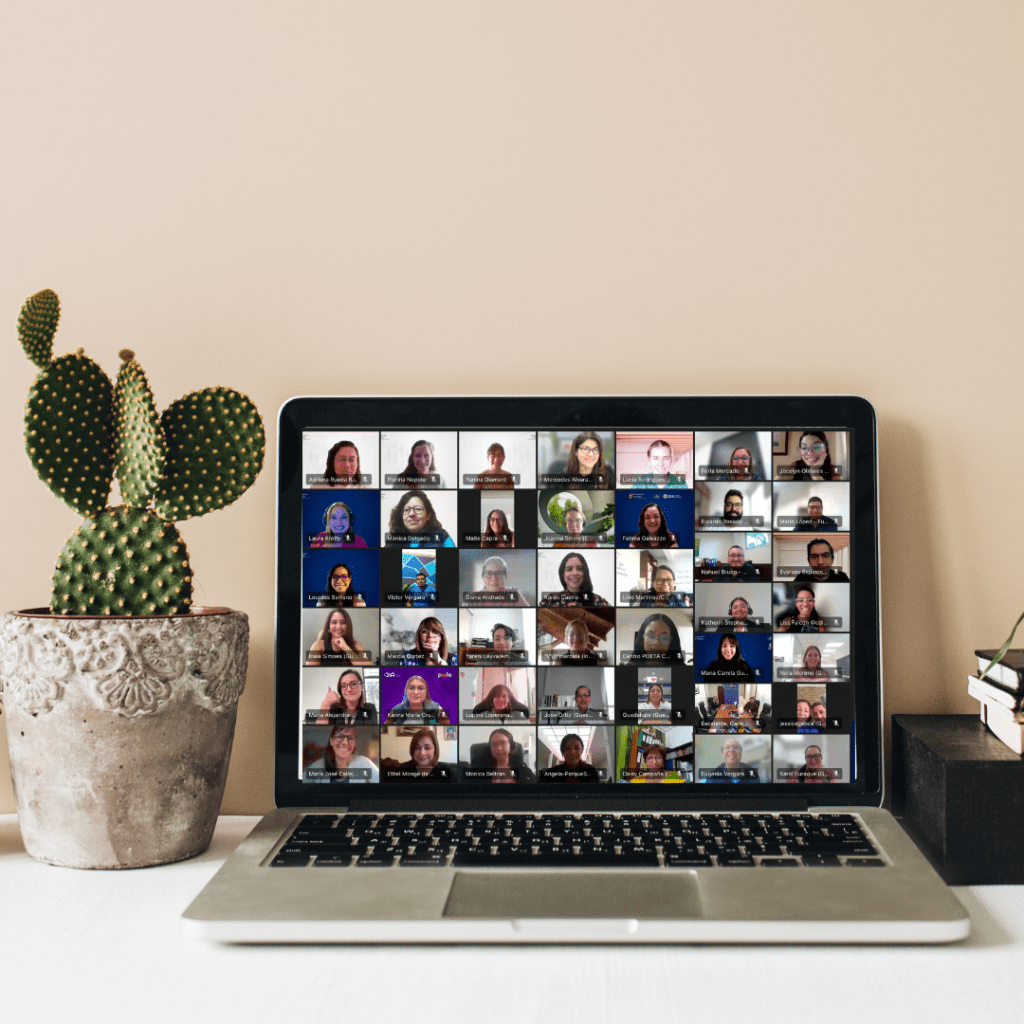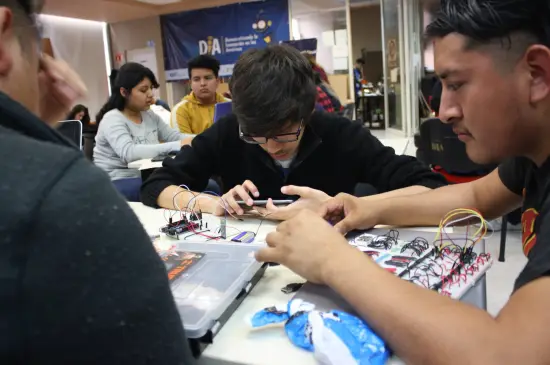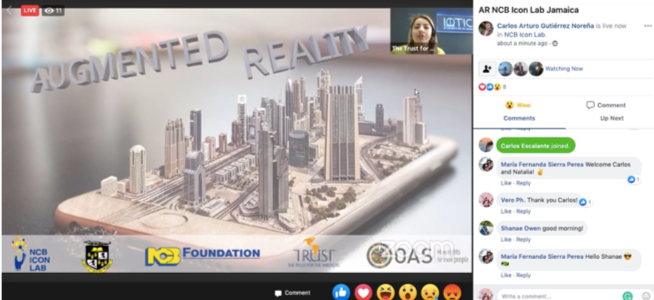Empoderando a través de la Tecnología – POETA DigiSpark 2024 da comienzo con gran entusiasmo
Estamos emocionados de compartirles las emocionantes novedades y los momentos destacados de la reciente sesión de bienvenida de POETA DigiSpark 2024. Con más de 75 invitados que se unieron al evento virtual, el espacio marcó el inicio de un año lleno de oportunidades y posibilidades emocionantes. Una de las experiencias más gratificantes fue la oportunidad de conectarnos con nuestros valiosos socios locales que abarcan nueve países este año. La diversidad y riqueza de estas conexiones reflejan nuestro compromiso continuo con la expansión y el fortalecimiento de la comunidad POETA en todo el mundo. Este año, estamos entusiasmados de llevar nuestro compromiso un paso más allá. Además de continuar con nuestro trabajo en habilidades digitales y ciencias de la computación, hemos incorporado herramientas transversales fundamentales como la ciberseguridad y la inteligencia artificial. Estamos convencidos de que acercar estas herramientas a nuestros beneficiarios les permitirá no solo enfrentar los desafíos actuales, sino también prepararlos para los avances futuros en el mundo digital. Durante la sesión de bienvenida, nos sentimos honrados de contar con la presencia de destacados líderes de Microsoft Filantropía en diferentes regiones. Catalina Rengifo, liderando la región de habla hispana en América del Sur, compartió su visión y entusiasmo. También tuvimos el placer de saludar a Lucia Rodrigues y Ricardo Rosado, quienes lideran la responsabilidad social de Microsoft Filantropía en Brasil. Lupina Loperena, junto Evaristo Espinosa, lidera la región de México, Centroamérica y el Caribe. Además, Joanna Smink, quien apoya en la coordinación de la implementación de iniciativas en la región, también se unió a nosotros y compartió unas cálidas palabras. Un momento destacado fue la participación de Jorge Cella, Director para las Américas de Microsoft Filantropía, quien compartió la visión de Microsoft sobre las nuevas tecnologías y la inteligencia artificial. Extendió sus felicitaciones a los socios locales de POETA DigiSpark, reconociendo el impacto positivo que están generando en la región. En la sesión, también compartimos los logros del año pasado. En 2023, POETA DigiSpark capacitó directamente a casi 25,000 personas. Queremos destacar que este logro extraordinario fue posible gracias al arduo trabajo y dedicación de cada miembro de nuestros equipos y socios locales. Cada hora de capacitación contribuye al éxito de esta valiosa alianza. Estamos ansiosos por el viaje que nos espera en 2024 y por el impacto positivo que juntos seguiremos generando en las comunidades que servimos. ¡Gracias a todos y todas por ser parte de esta emocionante travesía! Sigamos empoderando a través de la tecnología. ¡Hacia adelante y hacia arriba, POETA DigiSpark!


